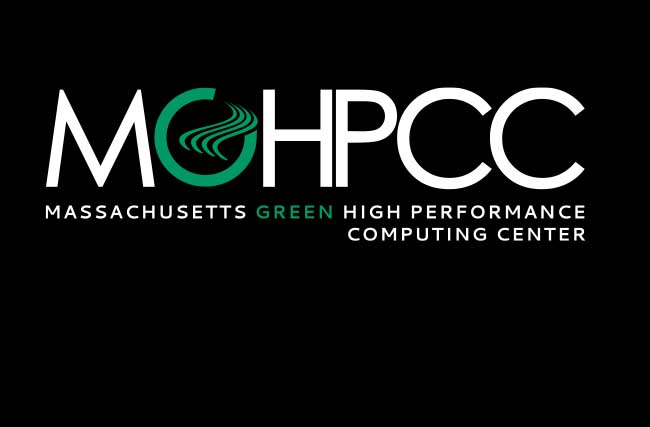
John Goodhue, Director, Massachusetts Green High Performance Computing Center and Principal Investigator, Northeast Cyberteam Initiative writing about the importance of cultivating a high-performance computing talent pipeline.
Read this story at Boston Business Journal
In labs in Massachusetts and across the globe, researchers are racing to develop coronavirus vaccines and treatments. It is an effort that requires trillions of calculations that must be performed on a massive cyberinfrastructure. But our society’s reliance on science, and science’s reliance on high-performance computing, exposes a flaw in our system of academic research — the absence of a steady talent pipeline of people to make sure the computers are doing what scientists need them to do.
They are called, in the typically functional language of science and engineering, "research computing facilitators," or RCFs. Their required skill set is both deep and broad. They must be able to translate among multiple disciplines. For a single research project, for example, an RCF might need to apply a blend of knowledge that includes software engineering, biochemistry and statistics. As the bridge between the technology and those who use it, the RCF must also have the people skills to help experts in many different domains.
To put the challenge into perspective, think about the last time you needed help inserting a video into a slide deck or performing a sophisticated budget analysis on a spreadsheet or recovering from a computer crash. For scientists using large-scale computers, these kinds of problems happen every day at a thousand times the scale and complexity.
The problem is that the RCFs role is currently unofficial, unrecognized and unheralded. Often, it is filled by a researcher who happens to have a bit of computer science training or experience. Over time, this lack of a cadre of specially designated and trained RCFs could erode the pace of discovery and innovation.
The Massachusetts Green High Performance Computing Center (MGHPCC) — which is operated by Boston University, Harvard University, MIT, Northeastern University and the University of Massachusetts system — has launched an initiative to reverse this trend. The MGHPCC is working with the universities of Maine, New Hampshire and Vermont to increase the number of skilled professionals in this role through the Northeast Cyberteam Initiative, a program funded by the National Science Foundation. The program has two goals. One is to build a pool of RCFs to support researchers at small and midsize institutions, which may not have the computing resources or resident expertise of their larger counterparts. The second is to create a pipeline of cyberinfrastructure talent by providing RCFs-in-training with mentoring and work experience. The list of projects supported by the Cyberteam RCFs spans the range of disciplines, with research subjects that include forestry mapping, extreme weather events, light distortion near black holes, resilience of aquaculture farms, and data visualization, to name just a few.
None of this important work could be done without high performance computing, and high performance computing cannot be sustained without the cultivation of a specially trained workforce.
Solving the problem won’t be simple. It begins with recognizing and institutionalizing the special role played by RCFs, with defined job descriptions and compensation levels, formalized education (dual majors in computer science and another discipline, for example) and the creation of internships and other career development opportunities.
Given the importance of scientific research to society, from fighting infectious diseases to improving our transportation system to developing new educational models, we can no longer be casual about attending to our computational infrastructure.
John Goodhue is the director of the Massachusetts Green High Performance Computing Center and the principal investigator of the Northeast Cyberteam Initiative.